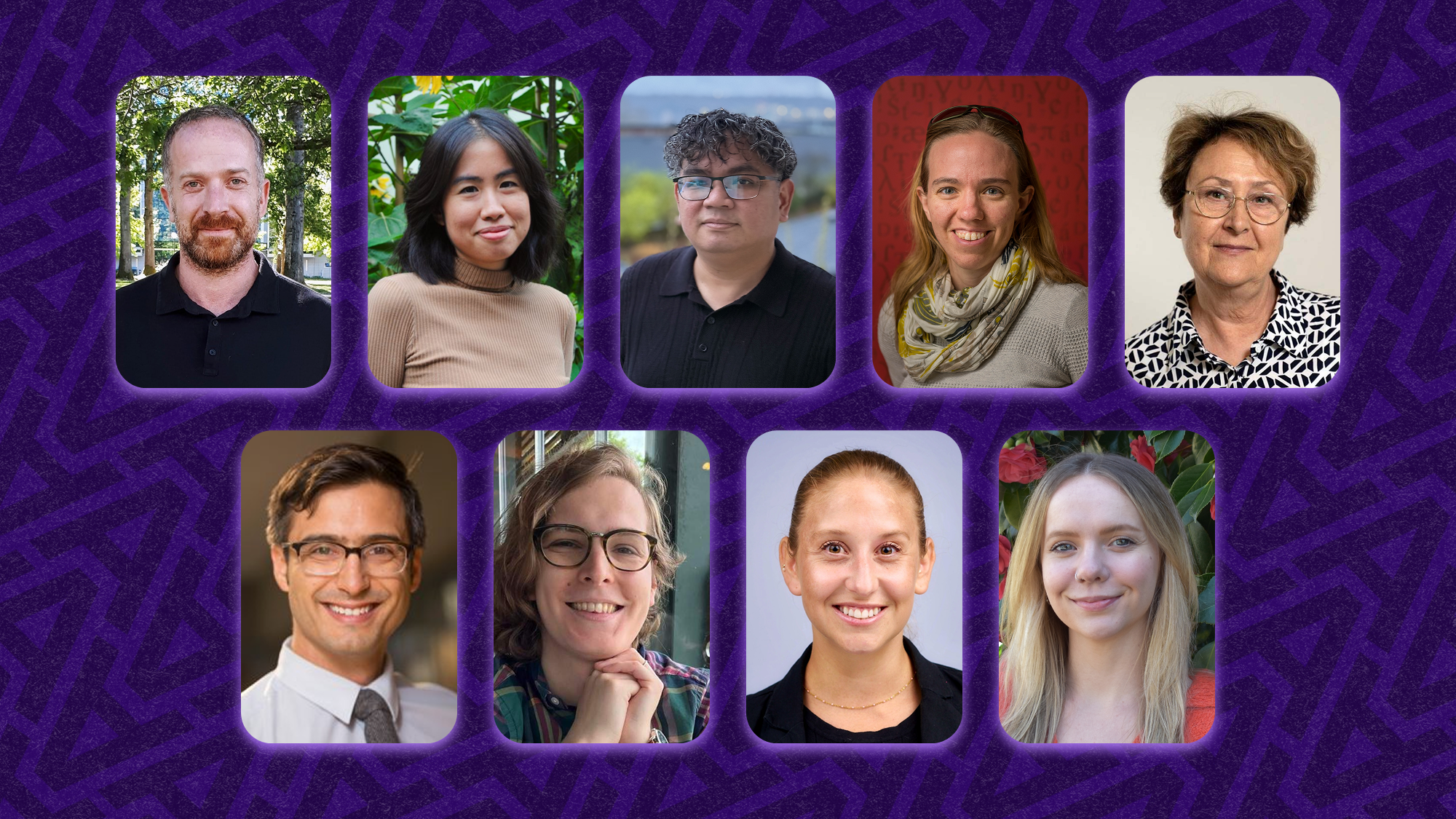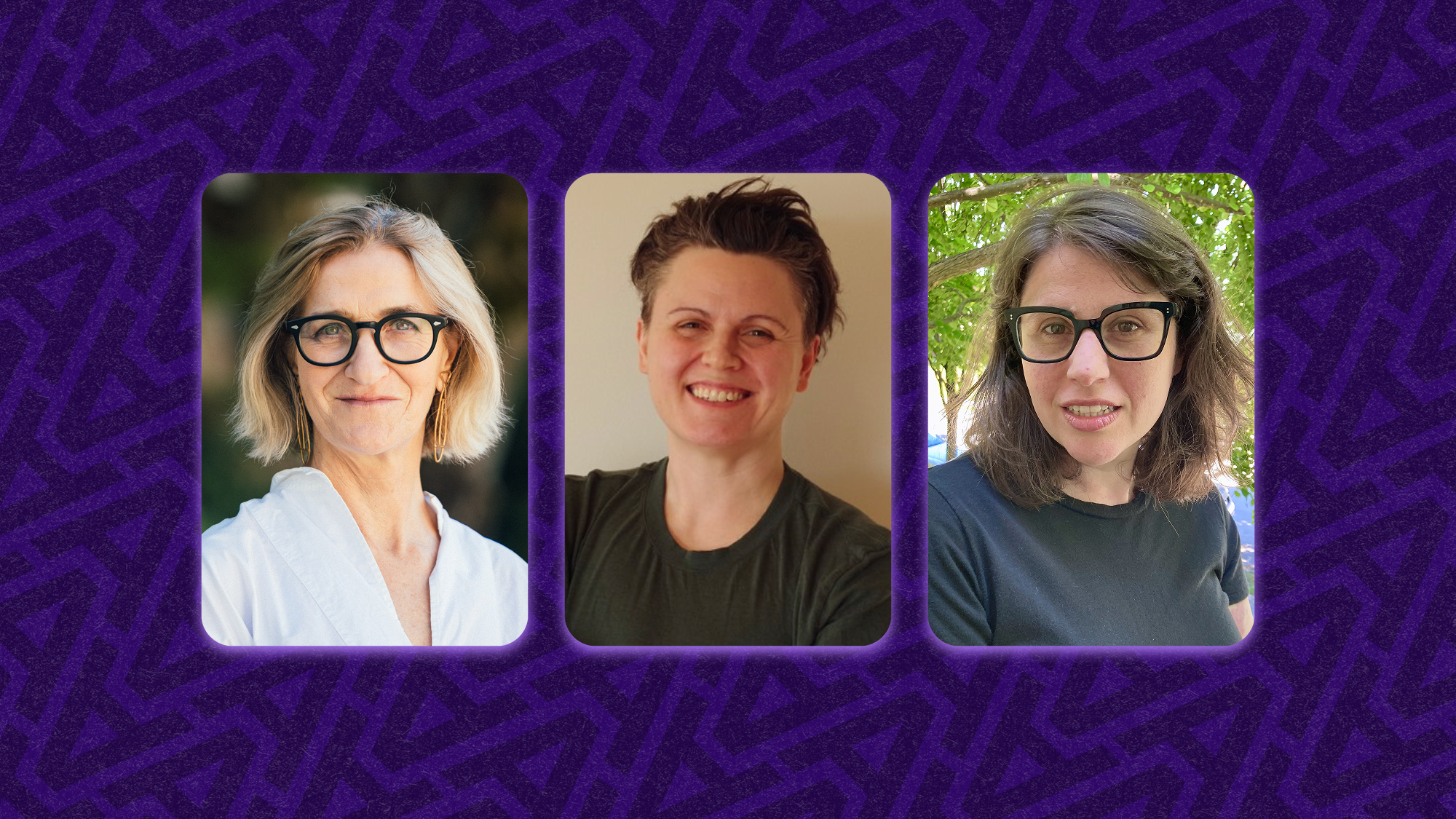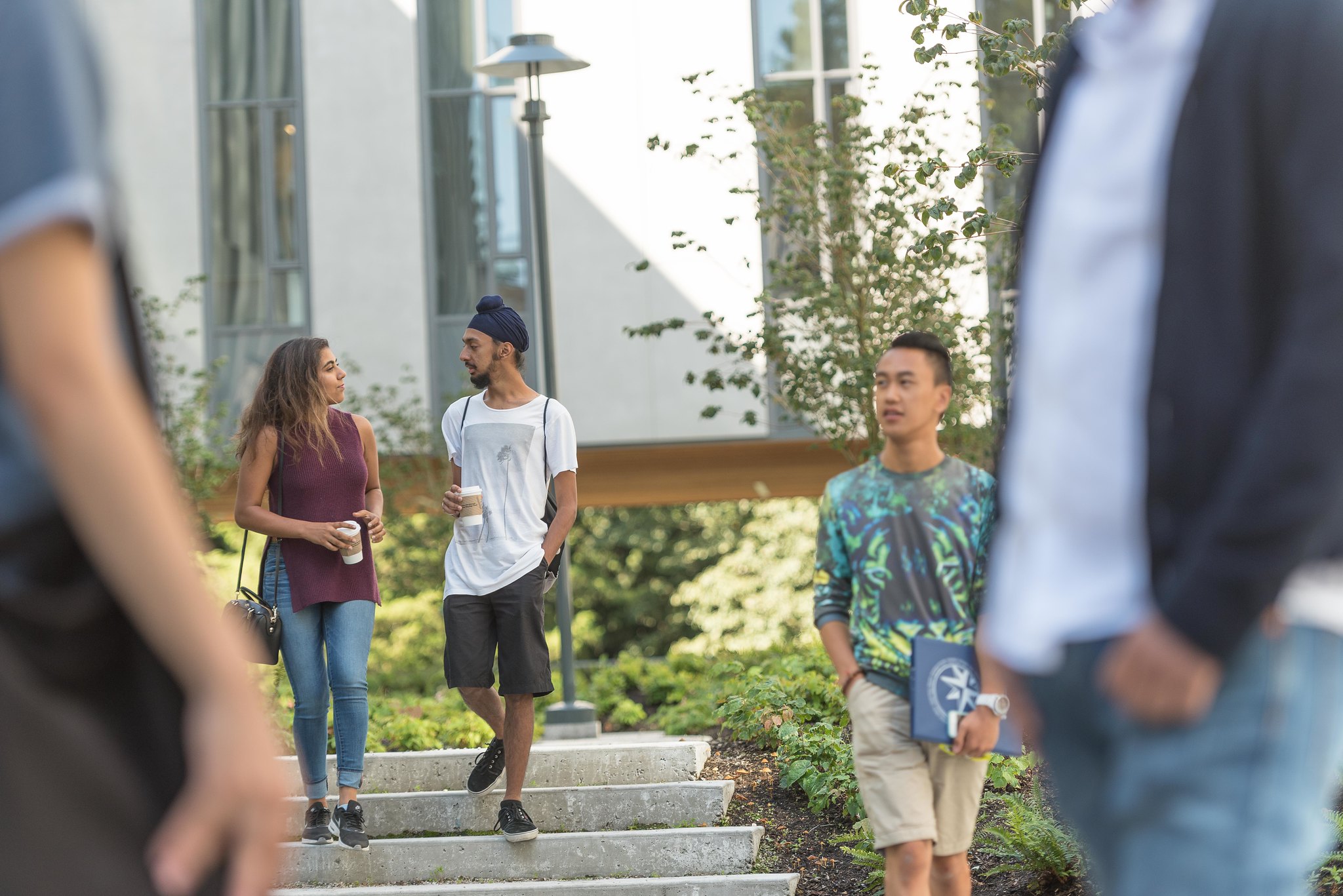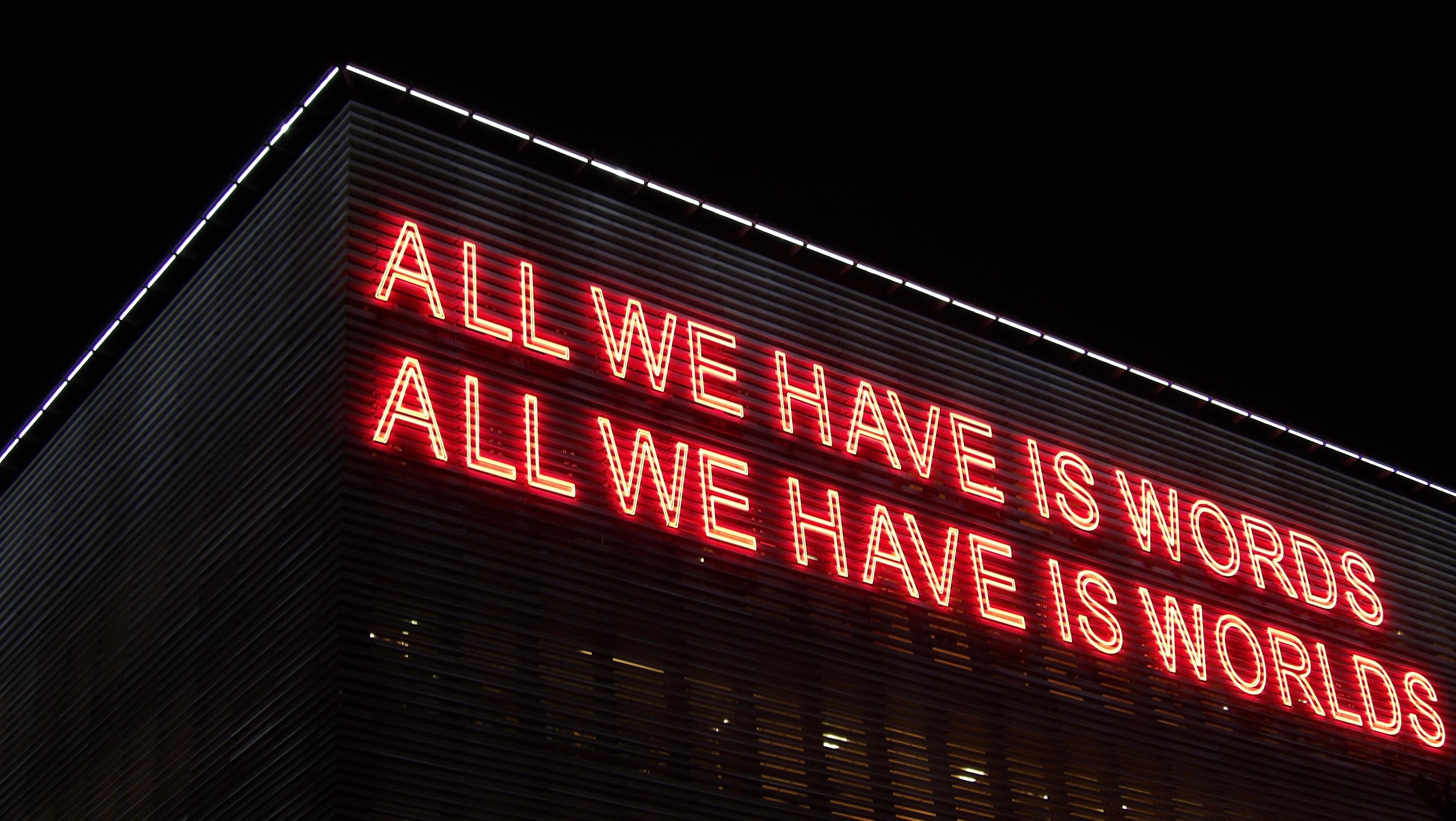

A poet, filmmaker and critic talk about the words that activate their critical and creative pursuits
Scholars in the Arts and Humanities are trained to think deeply about words – the ways that words yield power, evoke emotions, and build connections. So when Ian Williams (Creative Writing), Shannon Walsh (Film) and David Gaertner (First Nations & Indigenous Studies) got together as part of Green College’s Leading Scholars series, they decided to dig deeper into the particular words that have motivated their poetry, performances and politics.
On Wednesday October 24, they will share, screen, and read from their work, reflecting on how problematic words have activated their critical and creative pursuits. And they will invite the audience to consider which words have motivated their own lives. View Event Details.
We spoke to them about their chosen topics and genres.
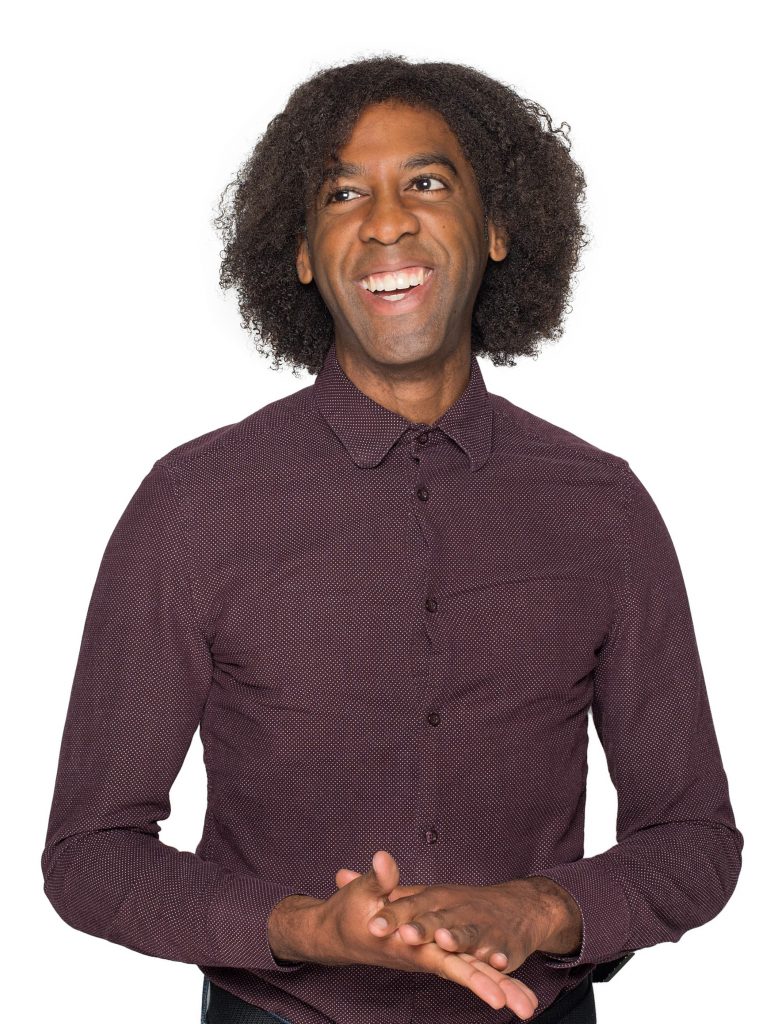

Ian Williams on Word Problems
Ian Williams, an award-winning poet and fiction writer, is fascinated by the limits and unintended consequences of words. His previous poetry collection Personals (which was shortlisted for the Griffin Poetry Prize) looked at the connection between romance and technology. In his latest poetry project, Williams uses the language of math problems to investigate ethical questions.
“You remember the word problems from like Grade 7 or 8? ‘It takes Jenny two hours to paint a fence, it takes Bob three hours to paint a fence. If they work together, how long will it take to paint the fence?’ I think the language of such word problems is both satisfying and formulaic,” says Williams. “Yet when we try to bring that clarity to an ethical problem, you see that that way of thinking is just insufficient. We need an alternate, but equally robust and complex, system—a messy system of thinking apart from mathematics.”
Holly is first in the program to welcome members of government. She has forgotten the names of the land on which she is living. As the caregiver of a father with dementia she recognizes this lapse as satisfying one of the diagnostic questions. She checks. She knows what month it is. She can recall the Prime Minister. She used to live in Vancouver. Now Squamish, Musqueam, and three syllables. Who in the room will behead her online? (By Ian Williams from Word Problems)
Williams says the poems from his in-progress collection stress the tension between a desire to do the right thing, yet being unable to determine exactly what that is or to see the problem fully—something he feels is pervasive at this moment in time.
“We’re in a very righteous moment right now,” he says. “A lot of good change is happening, but there’s also the fear of being wrong that’s motivating our actions. For example, we know stories of tweets that have come back to bite people really really hard.”
For Williams, who has taught in UBC’s Creative Writing program since 2017, poetry helps us navigate grey or ethically blurry areas, simply by encouraging us to acknowledge uncertainty.
“Poetry doesn’t claim to have the answer to everything; it resists certainty and fixed interpretation,” he says. “By living in poetry for a while, we get used to not knowing. We get used to confusion. We get used to ambiguity and complexity and all of those things that real-life situations are made of. I don’t think we need to know everything or fix everything. Because then we start bending people to our ideas and our desires instead of just letting them be free over there to do their own thing.”
Shannon Walsh on Illusions of Control
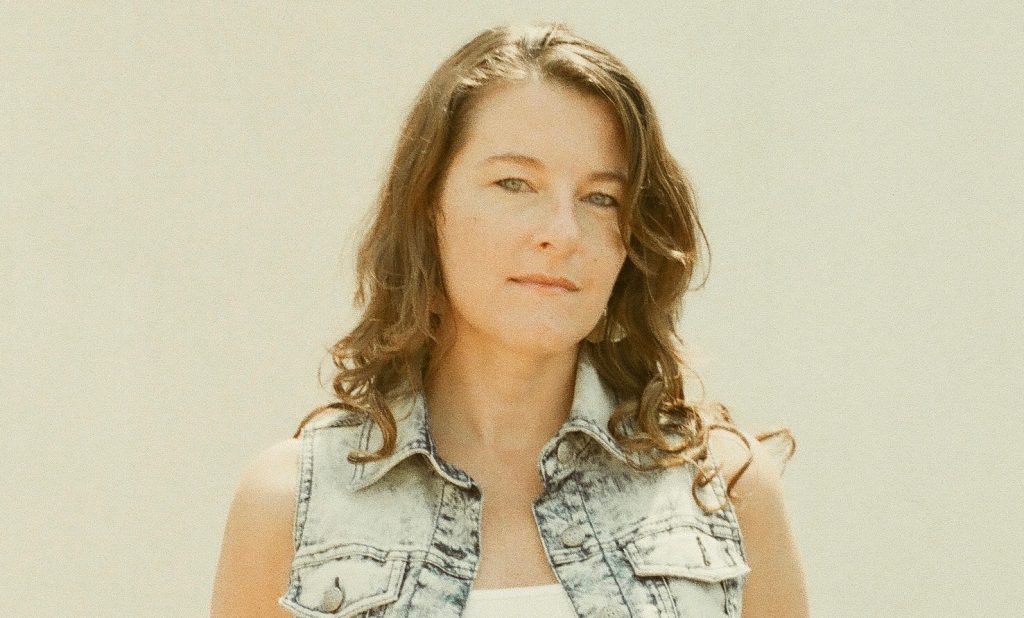

“Right now, for example, I’m in the editing room on a documentary, and revising scripts as we work with material, moving from the page to the visual and back again. Telling stories and representing worlds are both processes of using and making sense of verbal and non-verbal languages.”
Walsh has written and directed three award-winning feature documentaries on topics ranging from housing struggles in South Africa, Indigenous resistance to the Alberta oil sands, and the Umbrella Movement in Hong Kong. She also written extensively on topics in social justice, critical race theory, and urban issues.
Her current project, Illusions of Control, follows five stories of people around the world who are responding to devastating environmental change. It follows up from her 2009 documentary H2Oil, which examined communities in Alberta attempting to defend water against tar sands expansion.
“Both the words ‘Illusions’ and ‘Control’ have been touchstones to which I return again and again,” she explains. “Over time, I’ve come to understand how fundamental to our contemporary human experience it is to believe we can control the uncontrollable.”
Walsh, who joined UBC’s film production program in 2016, says she is excited to explore the topic of problematic words with her fellow scholars Williams and Gaertner, who have overlapping areas of interest, yet work in completely different genres.
“It always feels like an explosion of connections and synapses firing when we talk, as we pull each other in new directions and find resonance and echoes in each other’s work,” she says.
“I am always working with people outside my field as that is what keeps me excited, curious and stimulated by the world. To continue learning and seeing things from new perspectives, I believe we always must step beyond what we know.”
David Gaertner on Reconciliation
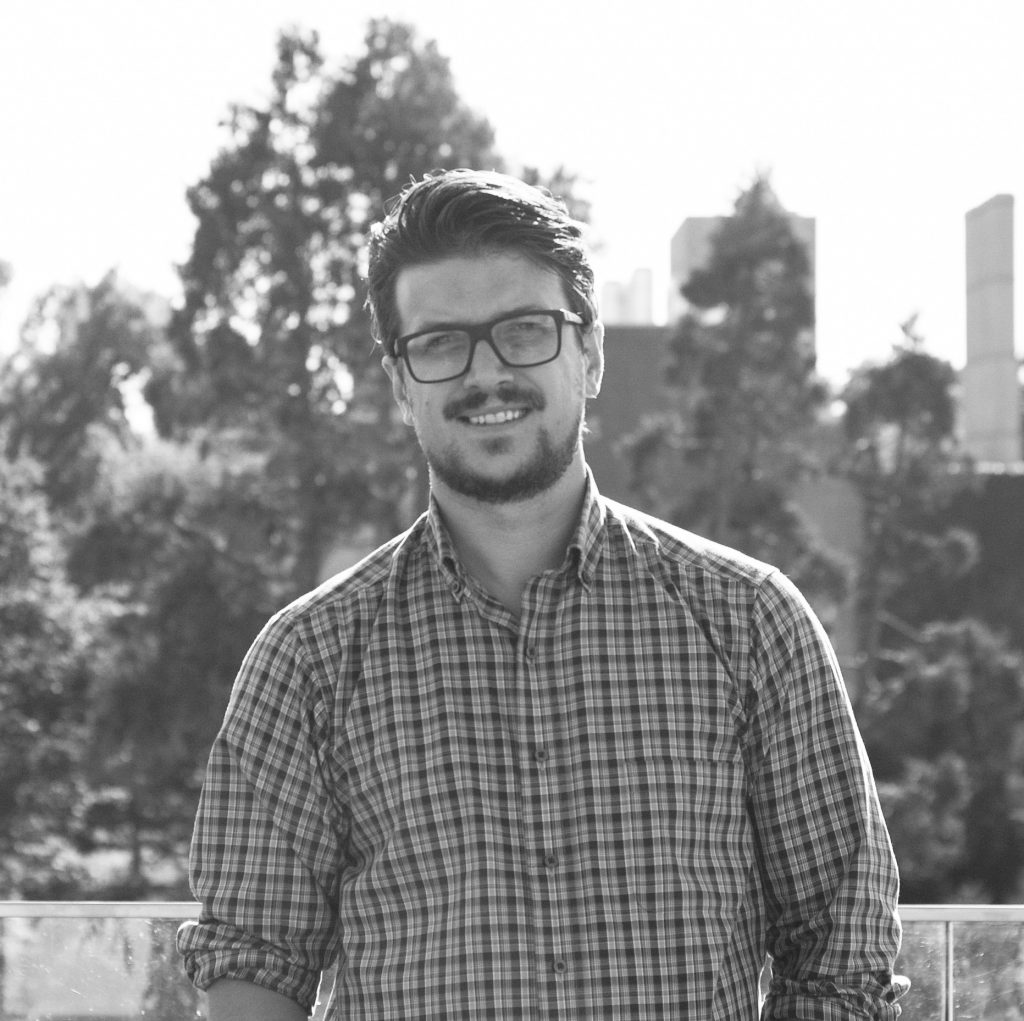

“I’m interested in how that word that was meant to instigate healing and hope has been appropriated,” says Gaertner. “While it was initiated by Indigenous communities and survivors, reconciliation has very much been recuperated by the settler state…it becomes a tool of settler colonialism rather than a way to unsettle settler colonialism.”
Gaertner points to the current Trudeau government, which he says pays lip service to the idea of reconciliation while disrespecting land rights, and pushing through pipelines.
“There’s this gap between what Trudeau makes an argument for, and what is actually happening on the ground. And the argument I make is that reconciliation actually facilitates settler colonialism, by creating this facade.”
Gaertner’s forthcoming book, Theatre of Regret: Troubling Reconciliation in Canada, traces the origin and evolving definition of reconciliation in countries around the world, including Chile and South Africa. It also analyzes how reconciliation has been incorporated by settler states like Canada.
“We have to be willing to unpack the problems with that word,” he says. “Part of [this event] is getting people to think about other words in their own practices that they have trouble with, and asking each other questions of those words, and thinking about it from the perspective of a poet, a filmmaker and a critic.”
Join Ian Williams, Shannon Walsh, and David Gaertner for a conversation on ‘The Problem with Words’ this Wednesday October 24 at Green College: 5:00-6:30 pm (reception to follow). View Event Details.
